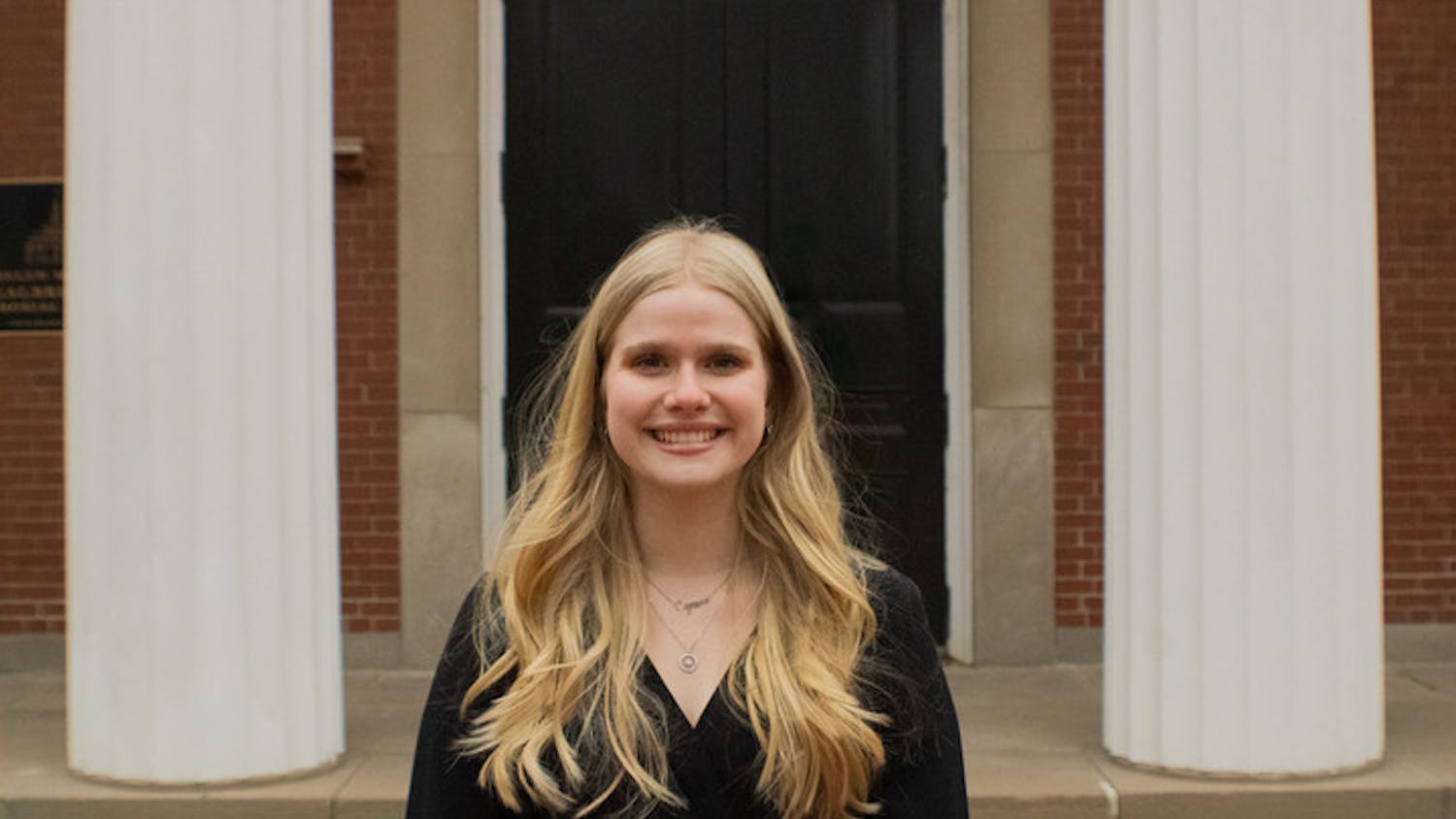Professionalism prevents authority figures from helping student needs.
Do the decisions made by Ohio University administrators reflect or represent the needs of students? Do administrators, who are able to create radical change, resort to weaker solutions than are needed when faced with minority inclusivity problems on campus? Does the answer become more complicated when race is a part of the conversation?
When exploring such questions it is important to understand that in order to gain authority in an institution, the individual must be considered a “professional.” Professionalism requires that the status quo be maintained; it’s a mindset that restricts what authority figures can say or do to advocate for the needs of many, for fear that they might lose their job and livelihood. These constraints are even more restrictive for minorities in positions of authority. The answer to the last two questions are, sadly, yes. I feel that authority figures are afraid to speak up on behalf of minorities because doing so would put their jobs on the line.
According to the Ohio University Office of Institutional Research, the enrollment of people of color and international students increased from 10.8 percent in 2004 to 19.5 percent in 2013. For President Roderick McDavis, a minority figure, this is a point of pride. While this does translate to an enrollment increase of African-American students at OU from 3.3% in 2004 to 4.6% in 2013, this is actually just an annual average increase of about 42 new African-American students over the past nine years.
Although we can seek comfort in the rising number of minority students present at OU, there are other things to consider. We must assess the quality of cultural competency and inclusion that these minority students are subjected to. The focus shouldn’t just be on the amount of minority students we have. It should be about challenging the problematic racial misconceptions present on campus.
This lack of effective administrative solutions to cultural and social competency has resulted in student unrest over numerous issues ranging from sexual assault, to college affordability, to racial injustice. I recall just last semester joining other students as we blocked Court Street traffic to raise awareness of race issues. This dissent is a result of the fact that student voices are not seriously heard when administrative decisions are made.
In order to be taken seriously as a black male, I personally must constantly strive to disprove racial misconceptions and suppress my blackness. This pursuit encourages me to mask my opinions on sociopolitical issues that affect me. It tells me to speak Standard English, which is also associated with “talking white.” I must appease, but never challenge authority. Almost everything associated with my blackness is considered unprofessional. This social and economic pressure fundamentally undermines both the value of my culture and my ability to express my honest desires.
The weight of this pressure only increases as minorities elevate in social class. I spoke with Shambrion Treadwell, president of the OU NAACP chapter, who said this pressure is also the reason that “everything is swept under the rug.” If we challenge the status quo by being vocal and do not sweep damning critiques of our institutions, we risk our jobs and livelihood. Administration, therefore, tries to implement solutions for social problems that are consistently uninspired and unhelpful, instead of radically addressing student needs.
In John Barker’s dissertation at the University of Rochester in 2008, President McDavis rephrases this sentiment when answering how he responds to those who criticize his administrative decisions because of his race. He said “I would always focus on why was I hired, what job did I have to do, who asked me to do the job and what data am I going to provide to show that I’ve been doing the job.”
And whom are authorities, such as administrators, answering to? For OU administrators, the answer is the Board of Trustees. As President McDavis states in the 2008 dissertation interview, “The Board [of Trustees] hired me and I don’t wake up on any day not to be mindful of that.” For minority administrators especially, there is an added pressure of knowing that there are a select few of their racial background that hold positions of power. So they must do whatever it takes to please their employer, regardless of whether or not their decisions reflect minority needs. They are beholden to their employers who can hire and fire them if they don’t live up to expectations.
The OU Board of Trustees, which hires top tier administration, has nine members. Only three trustees are women — one of which is the only person of color. All are wealthy individuals detached from the personal consequences of how their decisions affect the OU and Athens communities.
With the understanding that administrative authority figures will not challenge the status quo for fear of losing their positions, the only plausible solution for us — those who are affected by their decisions — is to recognize this structural wrong and work in whatever ways we can to challenge it. This truth is what drives student activists to vocalize their dissent.
If we cannot wait for radical authority figures, we must radicalize ourselves through knowledge, through action and through deciding that our needs matter more than administrative fears.
Ryant Taylor is a senior studying English, a coordinator for the Ohio University Student Union, LGBTQA commissioner for Student Senate and an activist on campus. Email him at rt923710@ohio.edu.






